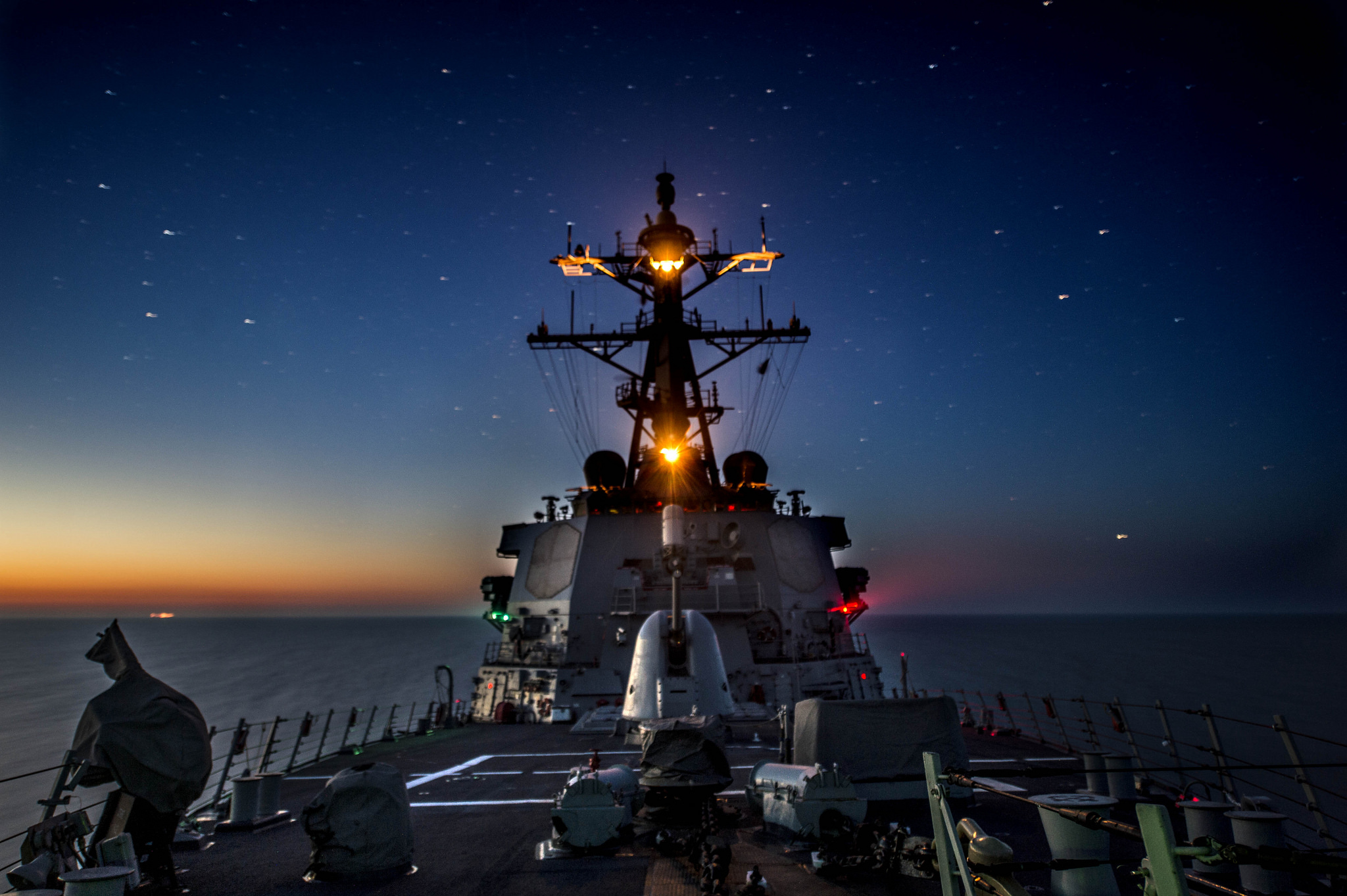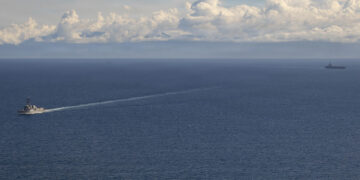July 24, 2022
Lessons from Ukraine: Why America shouldn’t fight for Taiwan

Deteriorating relations between the United States and China have made Taiwan the most dangerous flashpoint in the world. The Chinese Communist Party maintains that Taiwan is a renegade province and its reunification with the mainland is only a matter of time. Beijing has made clear that it is willing to use force in order to do so. For its part, the United States seems determined to prevent that outcome, with U.S. president Joe Biden declaring on three separate occasions that the United States has a commitment to defend Taiwan. The White House quickly walked back each of the president’s statements, but the question remains: if a Chinese attack on Taiwan materializes, how should the United States respond?
While current U.S. policy should prioritize diplomacy with Beijing and arm Taipei to deter aggression, it is vital to plan for such a contingency in order to respond wisely rather than allow emotion to guide policy. The U.S. response to the ongoing war in Ukraine provides insight into the prudence and folly of certain reactions.
More on Asia

Featuring Lyle Goldstein
December 9, 2025








